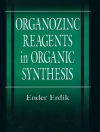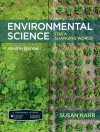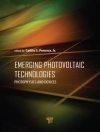PRODUCTION of BIOBUTANOL from BIOMASS
The book covers all current technologies of lignocellulosic biobutanol production as well as the environmental and socioeconomic impact assessment.
N-butanol is a bulk chemical that is used as an industrial solvent and as a component in paint, coatings, and adhesives, among other things. When compared to other biofuels, biobutanol has the advantages of being immiscible in water, having a higher energy content, and having a lower vapor pressu...
A propos de l’auteur
Arindam Kuila is an assistant professor at the Department of Bioscience & Biotechnology, Banasthali Vidyapith, Rajasthan, India. Previously, he worked as a ...
Achetez cet ebook et obtenez-en 1 de plus GRATUITEMENT !
Langue Anglais ● Format EPUB ● Pages 384 ● ISBN 9781394172863 ● Taille du fichier 3.2 MB ● Éditeur Arindam Kuila & Mainak Mukhopadhyay ● Maison d’édition John Wiley & Sons ● Publié 2023 ● Édition 1 ● Téléchargeable 24 mois ● Devise EUR ● ID 9251185 ● Protection contre la copie Adobe DRM
Nécessite un lecteur de livre électronique compatible DRM












